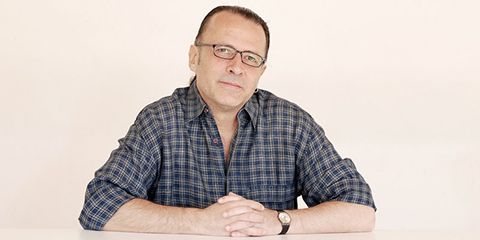On the 12th of December, 2009, Niel Leach gathered some of the most prominent digital intellectuals to talk parametric urbanism at Intensive Fields. It sounded amazing but was a bit too far for a day trip. Fortunately for those who could not make it, the University of Southern California has put all the discussions on their youtube page.
The following is the first lecture given and my dream setup: Neil Leach introducing DeLanda. DeLanda's lecture focuses on simulation of urban emergence using Cellular Automa. He defines emergence as "the result of collective unintended consequences from intentional actions." This definition encompasses emergent behavior from intelligent agents, or at least ones that have intentional actions.
Like in his book A Thousand Years of Non-linear History, DeLanda is arguing that emergence happens on many scales. This translates to a multi-layered understanding of urban development, necessitating that simulation occurs across scales. I remain unconvinced that Cellular Automata is the vehicle to explore non-linear history. It certainly has emergent qualities, but each simulation is so explicitly tied to a layer of understanding that multi-layered simulation is difficult to achieve. DeLanda somewhat addresses this critique in the panel discussion following, arguing that Cellular Automata should be seen as a form finding processes.
And the panel discussion afterwards: (left to right) Manual DeLanda, Niel Leach, Benjamin Bratton, Anne Balsamo, Lev Manovich and Eui-Sung Yi.
